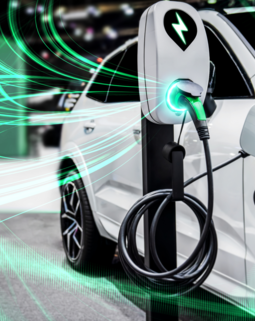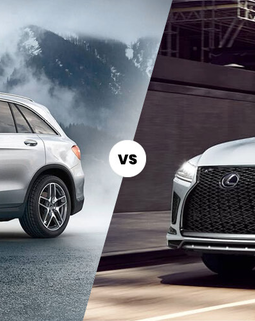Brunei, a country known for its strict regulations and high standards, has specific import regulations governing the entry of Japanese used cars into its market. In this detailed analysis, we explore Brunei's import regulations for Japanese used cars, shedding light on the process, requirements, and considerations involved in importing vehicles from Japan into Brunei.
Introduction to Brunei's Import Regulations
Brunei's import regulations for Japan-used cars are designed to ensure the safety, quality, and compliance of imported vehicles with local standards and requirements. These regulations cover various aspects of vehicle importation, including vehicle inspection, documentation, customs clearance, and registration, aimed at protecting consumers and maintaining the integrity of the automotive market in Brunei.
Vehicle Age and Condition
One of the key factors considered in Brunei's import regulations for Japan used cars is the age and condition of the vehicles. Brunei typically imposes restrictions on the age of imported vehicles, with a maximum allowable age limit specified for different vehicle categories. Additionally, imported vehicles must meet certain quality standards and undergo thorough inspection to ensure compliance with Brunei's safety and emissions requirements.
Import Documentation
Importing Japan used cars into Brunei requires the submission of various documentation, including the vehicle's original registration certificate, bill of lading, import permit, and other relevant documents. These documents serve as proof of ownership, origin, and compliance with import regulations, facilitating the customs clearance process and enabling authorities to verify the authenticity and legality of the imported vehicles.
Vehicle Inspection and Certification
Before being allowed entry into Brunei, Japan-used cars must undergo inspection and certification to ensure compliance with local safety and emissions standards. This inspection process may include checks for structural integrity, mechanical condition, emissions levels, and other safety features, conducted by authorized inspection agencies or government authorities. Vehicles that fail to meet the required standards may be subject to repair, modification, or rejection for importation into Brunei.
Customs Clearance Process
The customs clearance process is a crucial step in importing Japan used cars into Brunei, involving the submission of import documentation, payment of customs duties and taxes, and inspection of the imported vehicles by customs officials. Customs duties and taxes are typically levied based on the vehicle's value, age, and other factors, with importers required to comply with Brunei's customs regulations and procedures to facilitate the timely clearance of their shipments.
Vehicle Registration and Licensing
Once imported vehicles have cleared customs and inspection, they must be registered and licensed for use on Brunei's roads. Vehicle registration involves the submission of registration documents, payment of registration fees, and issuance of license plates and registration certificates by the relevant authorities. Registered vehicles must also comply with Brunei's roadworthiness requirements and display valid registration and licensing stickers as proof of compliance with local regulations.
Conclusion
In conclusion, Brunei's import regulations for Japan's used cars are aimed at ensuring the safety, quality, and compliance of imported vehicles with local standards and requirements. By adhering to these regulations, importers can navigate the importation process smoothly and legally, avoiding potential delays, penalties, and complications.





